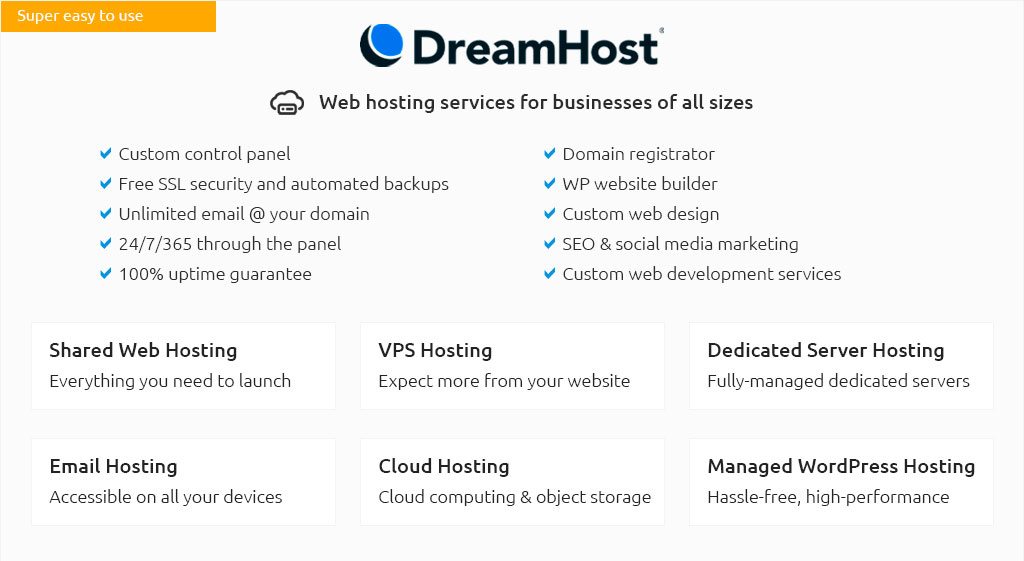 |
|||
 |
 |
 |
|
 |
|
 |
 |
 |
|||
 |
|||
 |
|||
 |
|||
 |
 |
Exploring PHP and MySQL in Web Hosting: A Comprehensive InsightIn the bustling realm of web development, the tandem of PHP and MySQL stands as a formidable duo, empowering countless websites with dynamic capabilities and robust database management. The journey into the world of PHP and MySQL often begins with the essential step of web hosting, a critical component that serves as the foundation for any website aspiring to make its mark on the vast landscape of the internet. At its core, PHP is a server-side scripting language designed primarily for web development but also used as a general-purpose programming language. It is beloved for its simplicity and flexibility, allowing developers to create powerful and dynamic web applications with ease. MySQL, on the other hand, is an open-source relational database management system that provides a reliable and efficient way to store, organize, and retrieve data. When combined, PHP and MySQL offer a seamless and efficient environment for building and managing web applications. Choosing the right web hosting service is crucial for leveraging the full potential of PHP and MySQL. The landscape of web hosting is populated with a plethora of options, each offering varying degrees of support for these technologies. It's essential to consider factors such as server compatibility, performance, and scalability when selecting a hosting provider. Many hosting services come with built-in support for PHP and MySQL, often providing pre-configured environments that simplify the deployment process. One frequently asked question is, 'What makes PHP and MySQL such a popular choice for web development?' The answer lies in their open-source nature, extensive community support, and the vast array of resources and tutorials available for developers of all skill levels. This combination fosters an environment of continuous learning and innovation, where developers can experiment, share insights, and contribute to the ever-evolving ecosystem. Another common inquiry concerns the security aspects of using PHP and MySQL. While both technologies offer robust security features, it's imperative for developers to implement best practices, such as using prepared statements to prevent SQL injection attacks and regularly updating their software to protect against vulnerabilities. Hosting providers often play a pivotal role in maintaining security by offering features like SSL certificates, firewalls, and regular backups. When it comes to performance optimization, developers are encouraged to leverage caching mechanisms, optimize database queries, and utilize content delivery networks (CDNs) to enhance the speed and responsiveness of their applications. These strategies not only improve the user experience but also contribute to better search engine rankings, which are vital for the visibility and success of any website. In conclusion, the synergy between PHP and MySQL provides a powerful framework for developing dynamic and data-driven websites. By carefully selecting a web hosting provider that aligns with their needs and adhering to best practices in development and security, developers can harness the full potential of these technologies to create engaging and resilient web applications. As the digital landscape continues to evolve, the role of PHP and MySQL in web hosting remains as crucial as ever, driving innovation and enabling the creation of feature-rich, scalable, and secure websites. https://www.reddit.com/r/webdev/comments/1ap5xv5/modern_phpmysql_web_hosting/
I'm looking for a place to start developing a web app as a small business venture. It needs PHP (hopefully with composer if possible), mySQL, and an easy way ... https://www.infinityfree.com/
InfinityFree is website hosting with no time limit, and no limit on the number of websites you can host. https://wpshout.com/best-php-mysql-hosting-services/
SiteGround is the top-rated host in our survey, earning an impressive 8.33 user satisfaction score. It's a standout choice for PHP/MySQL hosting ...
|